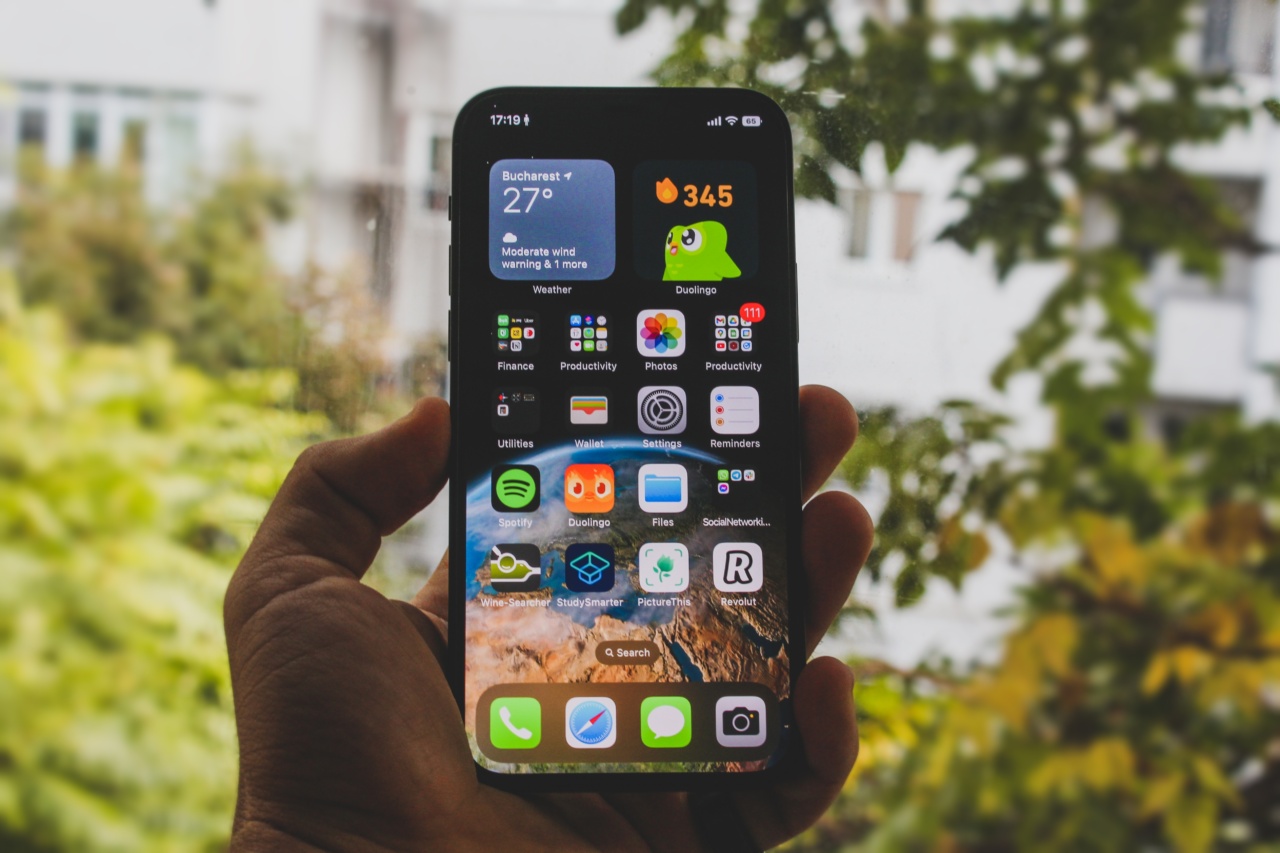In this digital age, social media has become a significant part of everyday life for most people. People share their photos and life experiences on social media platforms, such as Facebook, Instagram, and WhatsApp.
Social media is a unique platform that provides various opportunities, including interacting with friends and family and sharing memorable moments.
However, social media has its dark sides too. Depression is prevalent among young adults, and social media can have an impact on their mental health. Studies suggest that social media contributes to mental health issues such as depression and anxiety.
Social media users may compare themselves with others and feel inferior, leading to mental health issues.
Researchers have developed a new computer program that can detect early signs of depression from social media photos.
By analyzing images and captions from social media, researchers can identify early signs of mental health issues such as depression and anxiety.
How the computer program works
The computer program works by analyzing the color, brightness, and contrast of social media photos. It also analyzes facial expressions and mood depicted in photos.
In addition, it analyzes the captions of the photos and determines the mood of the individual posting the photo.
The program uses machine learning algorithms to examine several variables in photos and captions.
The program can identify different emotions and moods and predict the potential development of depression in individuals based on their social media photos.
The potential benefits of the new program
The new program can have several potential benefits for individuals with mental health issues. The early detection of depression can help people get the help they need before it becomes severe.
Early intervention can help people manage their mental health and prevent their symptoms from becoming unmanageable.
Also, the program is non-invasive, convenient, and accessible. People can upload their photos and captions from social media into the program for analysis anonymously. It saves both time and effort, making the process more convenient for users.
The potential limitations of the new program
Although the new program has several potential benefits, it also has limitations. One of the limitations is its accuracy. The computer program cannot provide a definitive diagnosis of depression.
It can only detect early signs of depression or anxiety based on the analysis of photos and captions from social media.
Also, some people may not post photos of themselves or their daily life on social media. The program may not be able to detect early signs of depression in people who do not use social media or do not share their photos and experiences on social media.
The future of mental health and technology
Technology has been a game-changer in the mental health field. With the help of technology, mental health professionals can offer remote counseling and monitoring services to people who need it.
Technology has also helped reduce the stigma associated with mental health issues by making mental health services more accessible and convenient.
The new computer program that detects early signs of depression from social media photos is an example of how technology can help improve mental health services.
The program is a promising tool that can help mental health professionals detect early signs of depression and anxiety and provide early intervention services to people who need it.
Conclusion
The new computer program that detects early signs of depression from social media photos is an essential tool that can contribute to the improvement of mental health services.
The program is a unique and innovative approach to detecting early signs of depression and anxiety. Although the program has limitations, its potential benefits outweigh the limitations. The program is a step towards more comprehensive, accessible, and convenient mental health services for people in need.






























